On April 15, 2023, violent clashes erupted in Khartoum between competing factions, igniting a conflict that has since claimed the lives of approximately 20,000 people and left over 33,000 injured.
As violence continues to rage between government forces and various armed groups, millions of innocent civilians find themselves trapped in the crossfire with hundreds of thousands displaced from their homes as the toll of this crisis continues to rise.
According to the United Nations, more than 24 million people in Sudan now require humanitarian assistance, a staggering figure that highlights the overwhelming nature of the situation.
Amidst the chaos and despair, humanitarian organizations are stepping up, confronting the urgent needs of the millions affected by violence, instability, and displacement. Organizations such as the International Committee of the Red Cross (ICRC), Médecins Sans Frontières (Doctors Without Borders), and the World Food Programme (WFP) are leading the charge, striving to provide critical aid to those in need.
They are working tirelessly to deliver medical assistance, distribute food, and provide shelter and education programs for the displaced. However, their noble efforts are often met with formidable challenges.
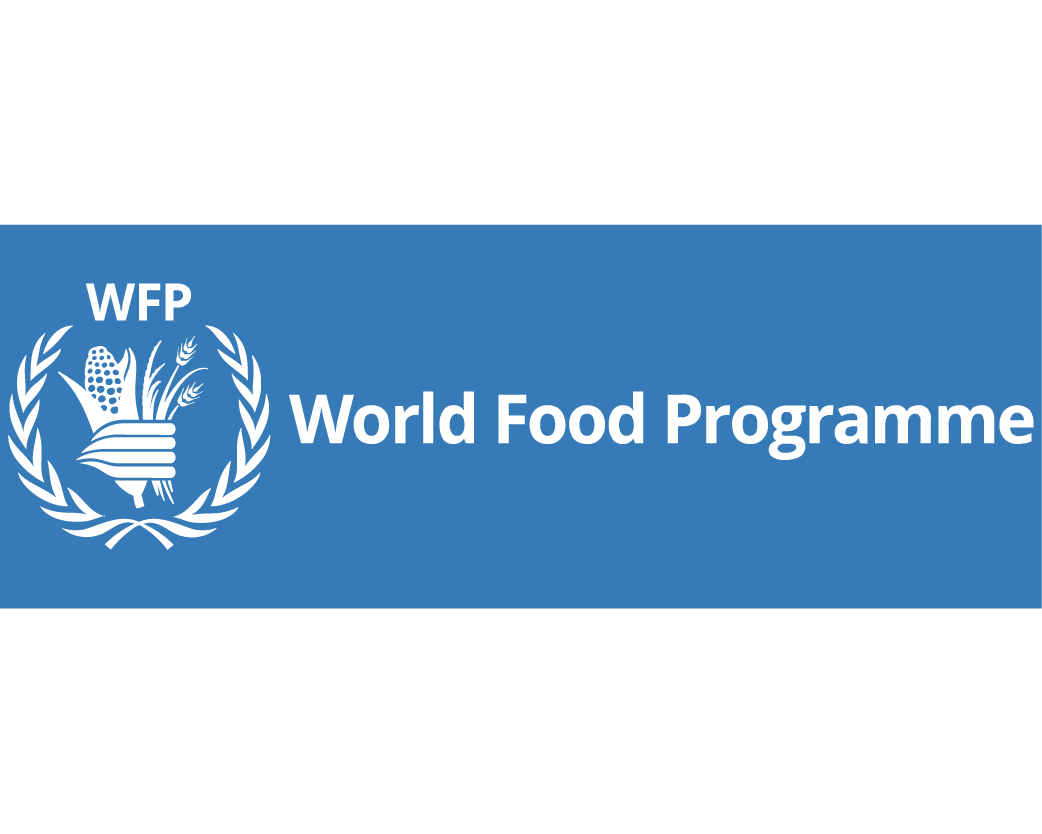 The battle against hunger: World Food Programme (WFP)
The battle against hunger: World Food Programme (WFP)
At the forefront of the fight against hunger in Sudan is the WFP which has provided essential food assistance to approximately 8.4 million individuals since the conflict began.
With millions grappling with severe food insecurity, the WFP is delivering crucial food aid, nutritional care, and cash transfers to families in desperate need.
Its work is vital, yet the organization faces immense challenges, including supply chain disruptions and escalating violence that jeopardizes the safety of its staff and the communities they serve.
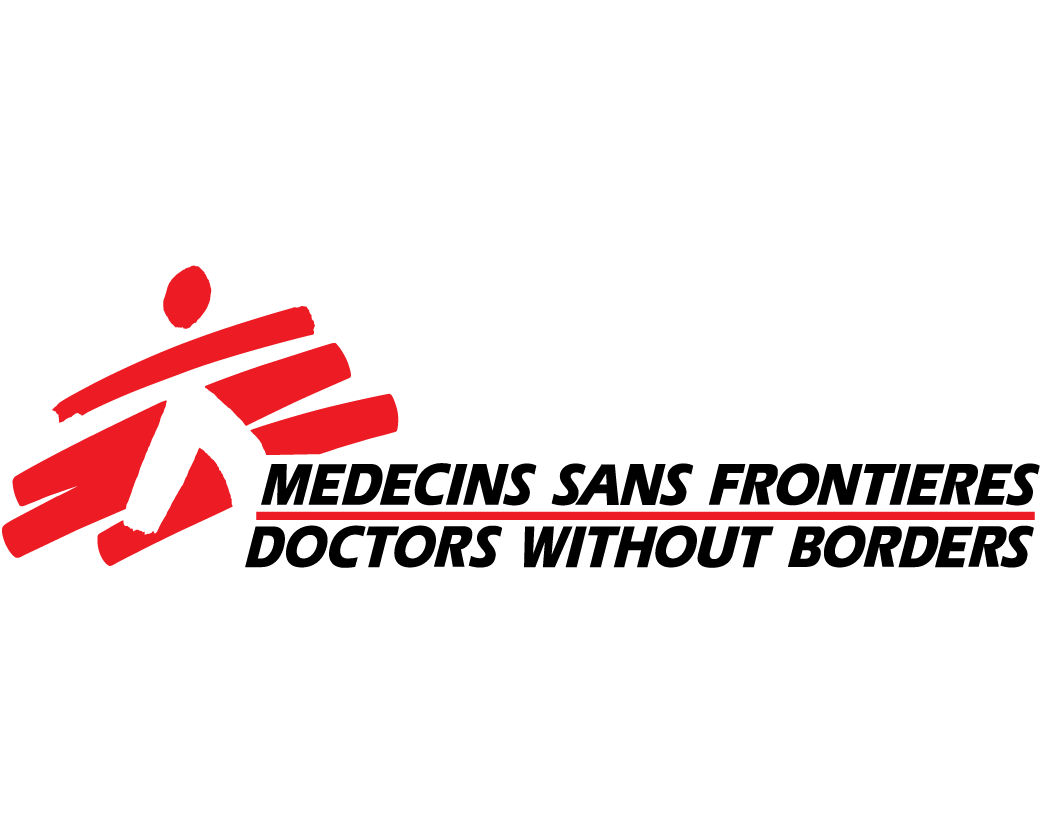 Mental health matters: Médecins Sans Frontières (Doctors Without Borders)
Mental health matters: Médecins Sans Frontières (Doctors Without Borders)
In the shadow of the conflict, mental health issues often go unnoticed. In South Sudan, where conflict cycles, displacement, and poverty persist, MSF is one of the few organizations to offer vital mental health services.
Between January and July 2024, MSF conducted over 9,600 individual consultations and organized group discussions for 54,000 individuals.
It also provides critical medical care, vaccinations, maternal health services, and treatment for malnutrition in conflict-affected regions.
However, MSF faces significant challenges, including violence against healthcare workers and limited access to remote communities, highlighting the desperate need for safety and stability.
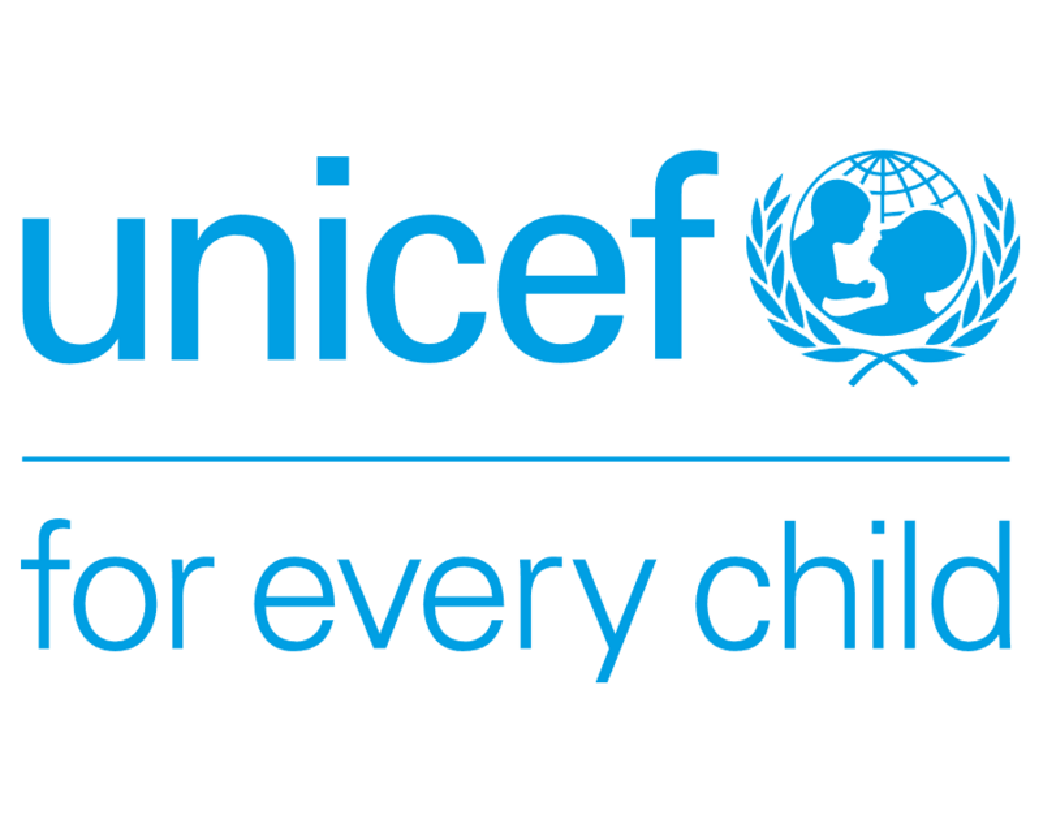 Protecting children: UNICEF
Protecting children: UNICEF
UNICEF plays an indispensable role in providing humanitarian assistance that is tailored to the needs of 14 million children and families in Sudan. Its programs encompass health, education, nutrition, and protection, ensuring that children can access basic services.
However, UNICEF’s efforts are often thwarted by bureaucratic red tape and security concerns that hinder its operations thus leaving vulnerable children at risk.
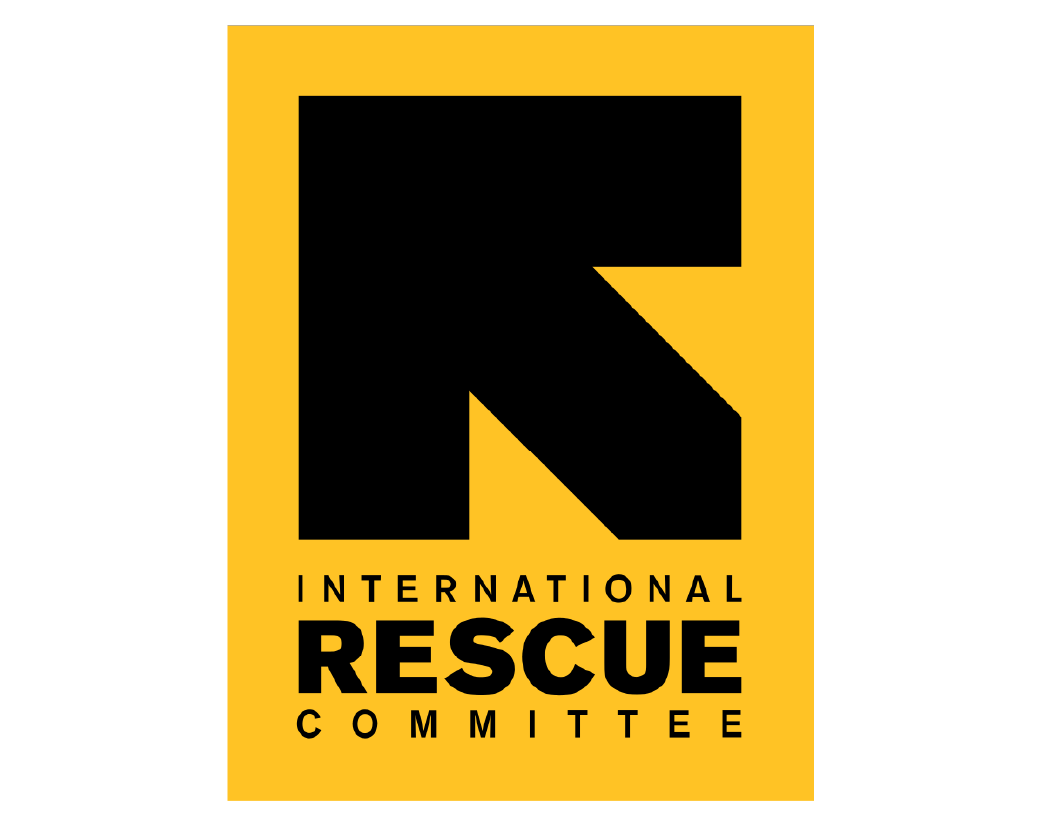 A community-centric approach: International Rescue Committee (IRC)
A community-centric approach: International Rescue Committee (IRC)
The International Rescue Committee (IRC) has expanded its humanitarian initiatives in response to rising demands, despite facing significant obstacles such as office closures as a result of security issues.
The IRC is committed to supporting Sudanese communities both within the country and across borders by offering a comprehensive water, sanitation, and hygiene (WASH) program, child protection services, and health and nutrition services.
Its multi-faceted approach includes providing cash assistance to internally displaced persons and the communities that host them, showcasing a commitment to rebuilding lives even amidst adversity.
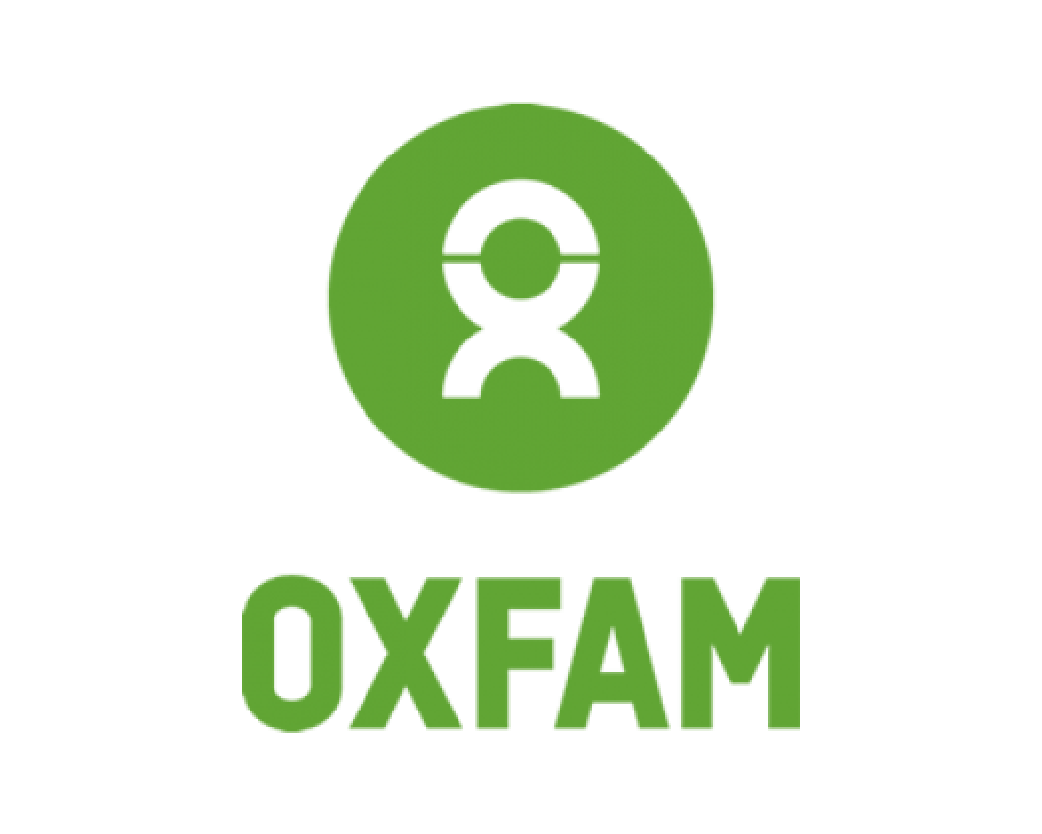 Assessing needs: Oxfam
Assessing needs: Oxfam
While Oxfam does not maintain a direct presence in Sudan, its teams in South Sudan and Chad actively assess the situation to determine how best to support those fleeing the conflict. Oxfam focuses on addressing the root causes of poverty and inequality, providing clean water, sanitation, and livelihood support to affected communities.
Nonetheless, it faces a significant challenge in securing consistent funding and ensuring that aid reaches the most needy amid a complex political landscape.
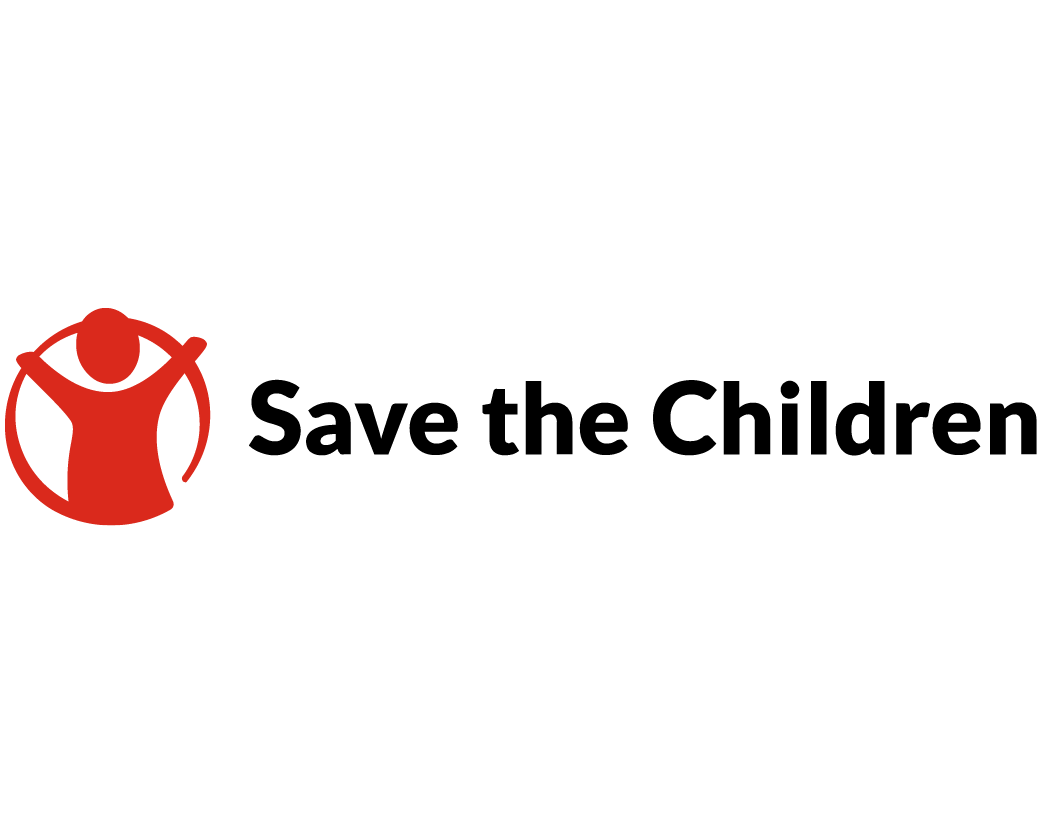 Hope for children: Save the Children
Hope for children: Save the Children
Despite the challenges posed by staff displacement, Save the Children successfully provided assistance to over 2.4 million individuals in 2023 across various sectors, including health, nutrition, education, and food security.
Its unwavering dedication demonstrates the crucial role it plays in safeguarding the well-being of vulnerable populations, particularly children.
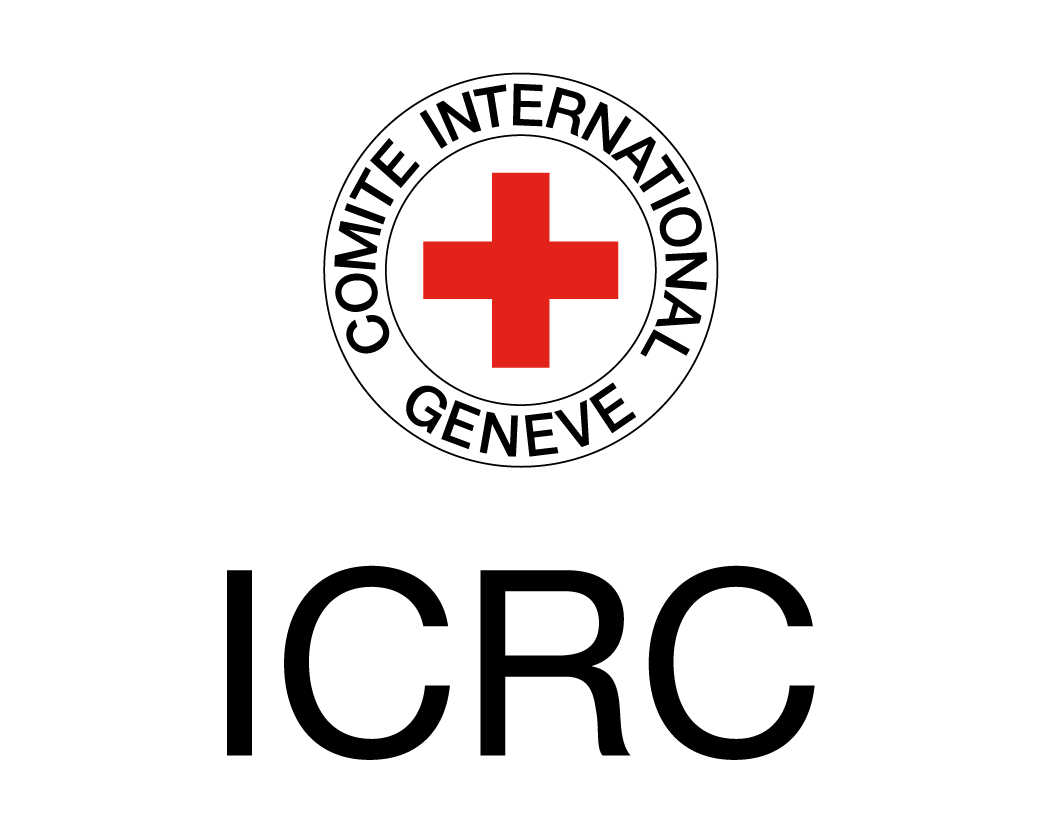 Upholding humanitarian principles: ICRC
Upholding humanitarian principles: ICRC
The International Committee of the Red Cross (ICRC) has a long and distinguished history of delivering life-saving assistance in conflict zones worldwide, including in Sudan.
In 2024, the ICRC’s efforts have included providing multipurpose cash grants, surgical supplies, water and sanitation improvements, tracing assistance for missing persons, operating expenses support for local branches, and assistance to separated families.
However, funding shortfalls and logistical barriers continue to impede aid efforts, emphasizing the urgent need for a comprehensive political solution to bring lasting peace to the region.
The road ahead: Hope and determination
Although the conflict in Sudan continues to cast a dark shadow, the unwavering dedication of aid organizations shines as a beacon of hope for the millions who are affected.
These organizations, despite facing immense challenges, remain steadfast in their mission to bring relief and support to those in desperate need. Their efforts highlight the power of humanity and the importance of international cooperation to address complex humanitarian crises.

